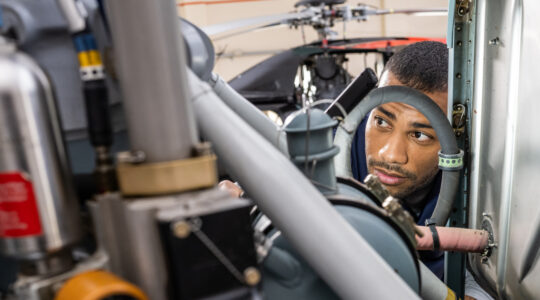Queensland researchers have helped to super-charge vinegar into a possible solution to antibiotic resistance.
A new study, led by scientists at Brisbane-based QIMR Berghofer, South Australia’s Flinders University and the University of Bergen in Norway, found adding microscopic particles to vinegar could make it more effective against dangerous bacterial infections.
QIMR Berghofer Professor Nils Halberg said acetic acid, more commonly known as vinegar, had been used for centuries as a disinfectant, but was only effective against a small number of bacteria, and it did not kill the most dangerous types.
Professor Halberg said this study showed how nanoparticles could be used to increase the effectiveness of traditional bacterial treatments.
“Combination treatments such as the ones highlighted in this study may help to curb antimicrobial resistance,” he said.
“Given this issue can kill up to 5 million people each year, it’s vital we look to find new ways of killing pathogens like viruses, bacteria and fungi or parasites,” he said.
Fellow molecular biologist Dr Adam Truskewycz, from Flinders University, said the team used antimicrobial nanoparticles made from carbon and cobalt to boost the natural bacterial killing qualities of vinegar.
Dr Truskewycz said the acidic environment from the vinegar made bacterial cells swell and take up the nanoparticle treatment.
“Once exposed, the nanoparticles appear to attack dangerous bacteria from both inside the bacterial cell and also on its surface, causing them to burst,” he said.
“Importantly, this approach is non-toxic to human cells and was shown to remove bacterial infections from mice wounds without affecting healing,” he said.
Read the full study: Cobalt-Doped Carbon Quantum Dots Work Synergistically with Weak Acetic Acid to Eliminate Antimicrobial-Resistant Bacterial Infections








